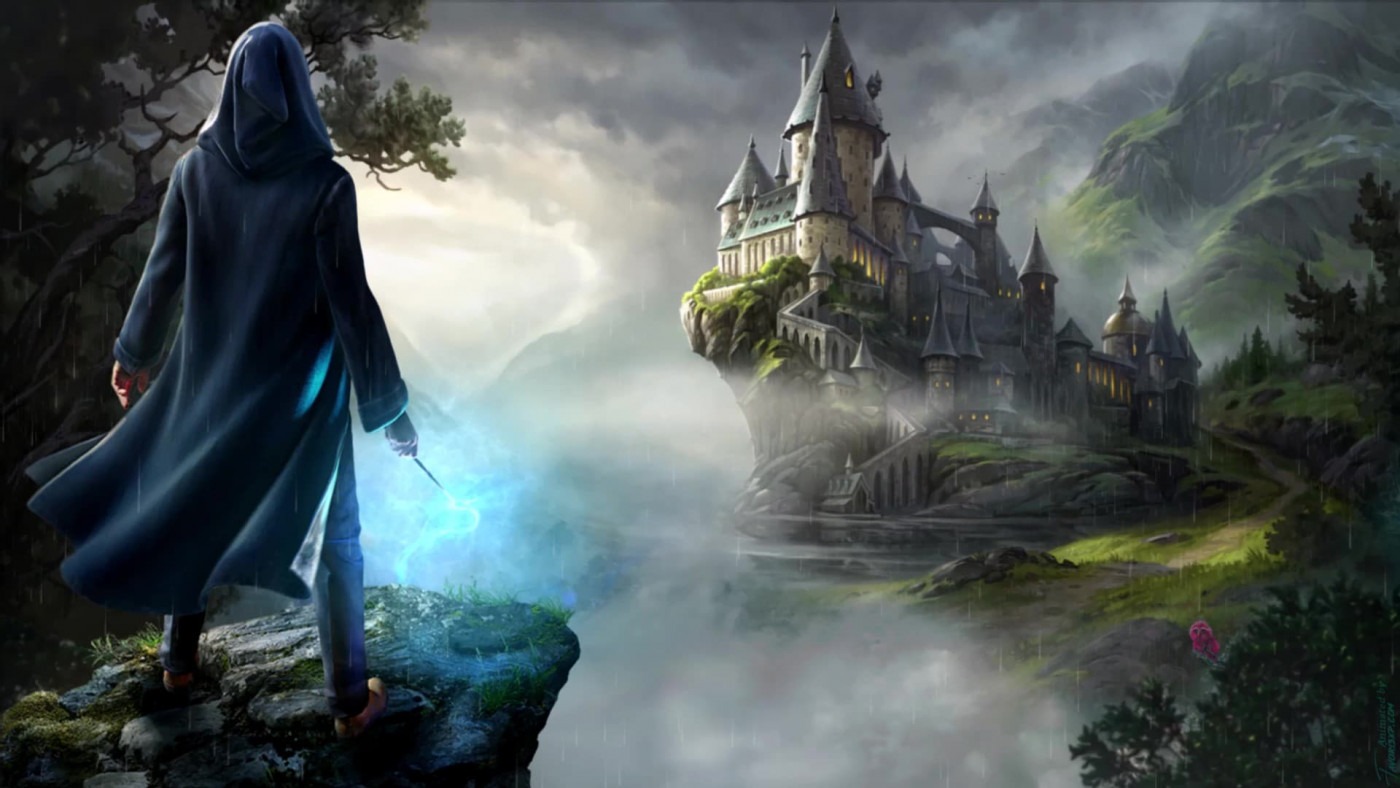“You’re a transphobe, Harry”: unpacking the ‘Hogwarts Legacy’ controversy
TW: transphobia, suicide
While, for many fans of the Harry Potter series, the window of opportunity to receive their own letter from Hogwarts has long closed, wandering the halls of the school of witchcraft and wizardry remains a dream that they have not quite given up on. Warner Bros.’ new video game Hogwarts Legacy sets out to finally make this dream come true.
Developed by Avalanche Software and launched on 10 February 2023, it is an open-world RPG. Though set in the late 1800s, the game boasts everything (almost – there’s no Quidditch) that fans have come to know and love about Hogwarts and the Wizarding World it is set in. It allows the player to become a student at Hogwarts and encounter magical creatures, fight duels, and solve mysteries. What’s more, none of the previous attempts at Harry Potter video games created in the past 25 years has managed to create as much of a buzz as this one.
However, Hogwarts Legacy has not been making headlines exclusively, or even primarily, due to the magic it promises. Rather, it has found itself in the eye of a storm that has had the Harry Potter fandom in a firm grip for several years now: the controversy surrounding the author of the Harry Potter books and mastermind behind the Wizarding World, J. K. Rowling.
Rowling used to be known for championing charitable causes and, at one point, donating so much that she was no longer featured on Forbes’ billionaire list. But in recent years, the author’s public image has undergone a radical transformation as she has repeatedly brandished a rhetoric that is perceived by many to be anti-transgender. In 2020, Rowling outlined her views on the matter in a lengthy essay published on her blog, riddled with false claims about detransitioning and the scientifically disproven view that there are no more than two sexes.
What may have begun as a genuine desire to learn more about questions surrounding sex and gender has quickly become hateful, and in the process, Rowling’s rhetoric has alienated her younger fans as well as large parts of Harry Potter’s considerable queer fanbase. Meanwhile, hate and violence against trans people are on the rise. According to the Trevor Project, “transgender and nonbinary youth [are] 2 to 2.5 times as likely to experience depressive symptoms, seriously consider suicide, and attempt suicide compared to their cisgender LGBQ peers” (a group that already has an elevated suicide rate).
So where does this leave people who want to play Hogwarts Legacy but are mindful of the implications of such a decision? Is it acceptable to buy the game in light of Rowling’s anti-trans stance?
This topical debate relates back to the age-old question: can art and artist be separated? For what it’s worth, Rowling was not directly involved in the creation and development of this particular game, and the developers have included a trans non-player character. Hogwarts Legacy is not her work of art, but merely set in a world she created.
The stir that this controversy is causing might just be proof that there is no such thing as bad publicity
Nevertheless, prominent gamers and streamers including Brianna Wu have encouraged others to join them in a boycott of the game. Wu (who became widely known outside of the gaming community after being subjected to misogynistic hate speech and harassment during the Gamergate scandal) described the dilemma as a “character test”.
While Rowling was not involved in the development of this particular game, she does stand to make money from licensing royalties — how much money is unclear and unlikely to become public knowledge in the near future. But given Rowling’s already vast fortune, it is debatable how much of a financial impact the loss of revenue stemming from a large-scale boycott would have.
There is also the option of buying the game and — budget allowing, as prices range between £50 and £75, depending on the platform and edition you choose — making a donation of the same amount to a charity that supports LGBTQ+ people in general, or trans youth more specifically. Nevertheless, it is completely understandable that fans might feel uncomfortable playing this game in the knowledge that even a single penny of their money might end up in Rowling’s bank account.
As the controversy rages on, one thing is for sure: so far, Hogwarts Legacy is shaping up to be a commercial success. It broke the all-time record for the most-watched single-player game on Twitch even before its release, and the first week after its release, different versions of the game occupied the top four spots of Steam’s Global Top Sellers ranking. While it’s still too early to make a definitive call on how well Hogwarts Legacy is doing, the stir that this controversy is causing might just be proof that there is no such thing as bad publicity.

Comments